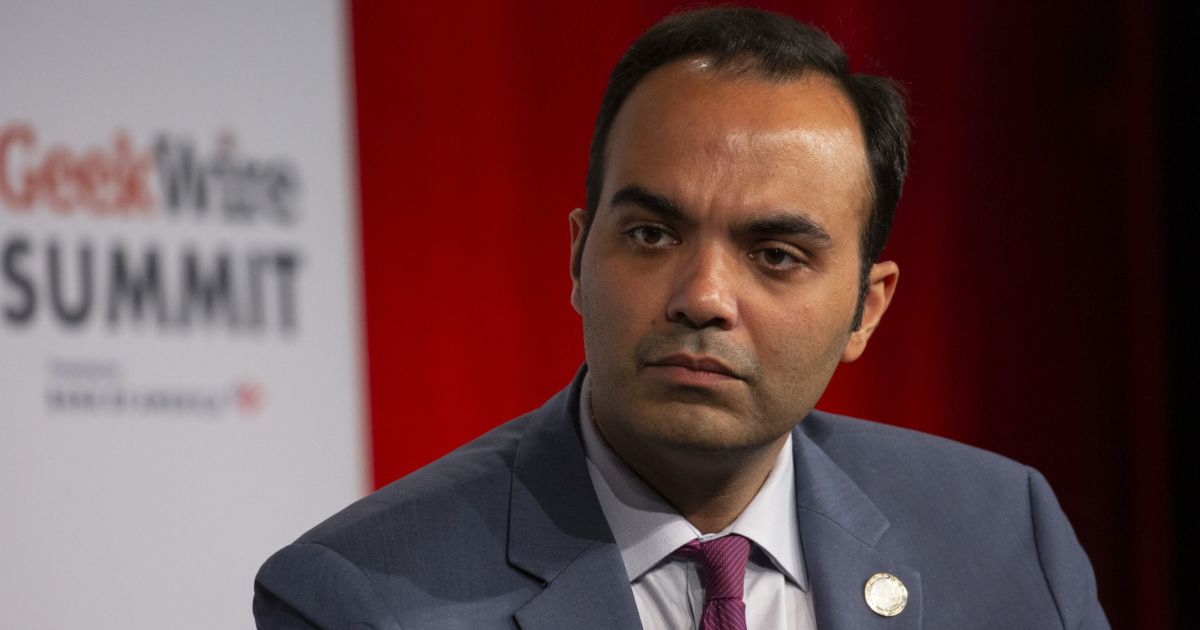
Rohit Chopra, President-elect Joe Biden’s choice to head the Consumer Financial Protection Bureau, is expected to hit the ground running at the CFPB by quickly undoing Trump administration policies and moving aggressively to protect consumers during the pandemic.
Chopra is seen as a strong consumer advocate who will push for fairness and financial inclusion for minorities, one of the Biden administration’s priorities.
"Rohit is a dynamic leader who knows the agency, understands the issues and will be ready to set a new course on day one," said Michael Gordon, a partner at Bradley Arant Boult Cummings.
Addressing consumers who are suffering financially from the coronavirus pandemic will top his list of priorities, observers said.
“He is coming in as director at a time when consumers as a whole are struggling because the economy is depressed,” said Vaishali Rao, a partner at Hinshaw & Culbertson. “So he will focus on topics targeting what he can do to alleviate those burdens, and one of those is fair lending. Are consumers who are already in a vulnerable population getting the services that they need in lending and servicing fairly?”
Chopra is expected to be installed as the CFPB’s acting director while he waits for a quick Senate confirmation, experts said. Because Chopra is currently a commissioner at the Federal Trade Commission and therefore is already Senate-confirmed, Biden can install him as the acting director and Sen. Mitch McConnell, now the minority leader, cannot hold up his confirmation.
“He is already Senate-confirmed so they can have him installed on day one as interim director without any challenges in order for a smooth transition,” said Jenny Lee, a partner at the law firm Arent Fox and a former CFPB enforcement attorney.
Though CFPB Director Kathy Kraninger’s term expires in 2023, the Supreme Court ruled in June that the president can fire a CFPB director for any reason. It is unclear if Kraninger plans to resign before the inauguration or will be fired.
Some Republicans suggest that the Federal Vacancies Reform Act — which gives presidents latitude to make appointments — does not cover vacancies created by firings.
“Assuming Kraninger does not invoke the Vacancies Act, there’s nothing to stop Rohit from being both acting director and then permanent director,” Lee said.
Democrats are giving little credence to the idea that Biden can fire Kraninger but then not name her replacement.
“The Supreme Court has made clear that the president has the ability to appoint a director,” Rao said. “I don’t see a way for Republicans to hang on to the post.”
Sen. Sherrod Brown, D-Ohio, the incoming chairman of the Senate Banking Committee, and Sen. Chuck Schumer of New York, the Democratic leader, are expected to prioritize Chopra's nomination.
Chopra is expected to try to reverse the bureau’s payday lending rule, reopen its recent debt collection rulemakings and focus on student lending issues by working with the Department of Education and Congress.
He is expected to reinstate the CFPB’s Fair Lending Office, which was stripped of enforcement power under former acting CFPB Director Mick Mulvaney. Enforcement is likely to boomerang back to a top priority for bureau leadership, as it had been under former CFPB Director Richard Cordray.
“Rohit Chropra is aligned with the CFPB’s consumer protection mission, and he can basically further amplify the enforcement office’s efforts because now there is alignment inside the CFPB,” said Lee. “They were already aggressively working within the confines of Kraninger’s leadership.”
Chopra was outspoken at the FTC, where he was known for taking aggressive stands on enforcement particularly of large technology companies. He served five years as the CFPB’s first student loan ombudsman and often testified on Capitol Hill. He also pushed internally for policy issues, some of which were not under his purview, experts said.
Before joining the CFPB, Chopra spent two years as an associate at McKinsey & Co. A graduate of Harvard University, he received a Masters of Business Administration from the University of Pennsylvania’s Wharton School.
Chopra would also take over the CFPB at a time when the bureau is crafting policy about how much control consumers have over their own financial data. The CFPB just embarked on a potential data sharing rule, seeking public input through a comment period that will end in February. A rulemaking could have far-reaching consequences for banks, fintechs and data aggregators.
“His background and the way he is trained to think is to look at data and marketplace conditions and where to pinpoint a solution. That's how he operates,” said Rao. “So he will look at what underwriting is being done today, is artificial intelligence being used, what inputs are being used, and are they being disclosed.”



